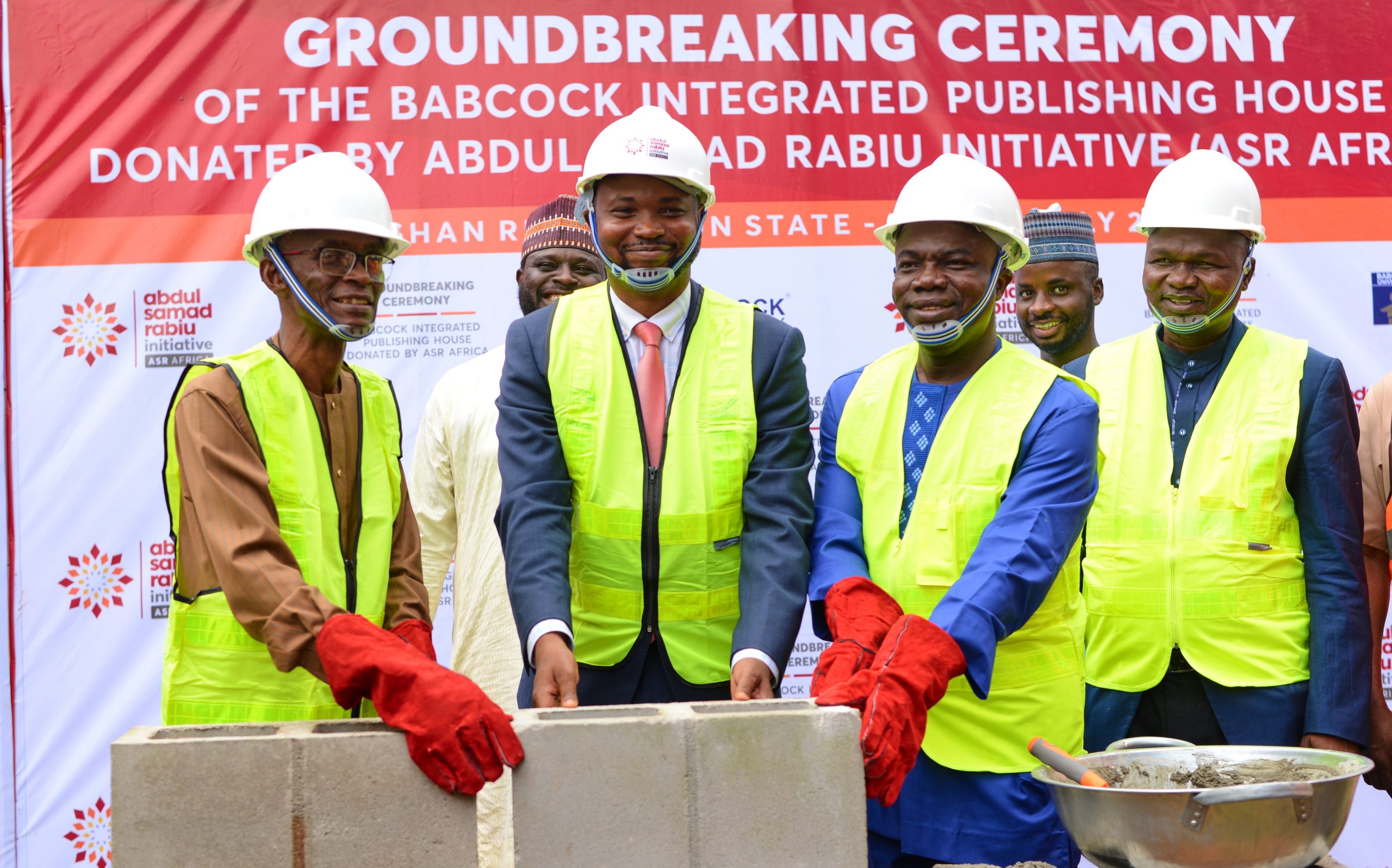10 Advantages of Buying Off-Plan Property in Nigeria by Dennis Isong
Have you ever thought about buying a house or apartment that hasn’t been built yet? This is called buying “off-plan” property. In Nigeria, more and more people are choosing this option when they want to own a home. Let’s explore 10 big advantages of buying off-plan property in Nigeria.

1. Lower Prices
One of the best things about buying off-plan is that it’s usually cheaper than buying a finished home. When you buy early in the building process, developers often offer lower prices to attract buyers. This is because they need money to start or continue building. By buying off-plan, you can get a great deal on a property that might cost much more once it’s finished.
For example, let’s say a developer is planning to build a block of apartments in Lagos. They might offer the first few buyers a 20% discount on the final price. This means you could save millions of Naira just by buying early!
2. More Time to Save Money
When you buy off-plan, you don’t have to pay for everything at once. Usually, you pay a deposit first, and then you make more payments as the building goes up. This gives you more time to save money or arrange a mortgage. It’s like having a savings plan that ends with you owning a home!
Let’s say the apartment you want costs 50 million Naira. You might pay a 10% deposit (5 million Naira) when you agree to buy it. Then, you could have 18 months or more to save up or arrange the rest of the money before the apartment is ready.
3. Customization Options
Another great thing about buying off-plan is that you often get to choose how your home looks inside. You might be able to pick the colors of the walls, the type of flooring, or even the layout of the rooms. This means your new home can be just the way you like it, without you having to do any extra work.
Imagine being able to choose between having a big kitchen or an extra bedroom. Or picking the perfect tiles for your bathroom. When you buy off-plan, you often get these choices!
4. Newer Designs and Technology
Off-plan properties are usually more modern than older homes. Developers use the latest building techniques and include new technologies. This could mean better insulation to keep your home cool, solar panels to save on electricity, or smart home features that make life easier.
For instance, your new off-plan apartment might come with high-speed internet already installed, or a modern security system to keep you safe.
5. Higher Potential for Increase in Value
Property values in Nigeria often go up over time, especially in big cities like Lagos, Abuja, and Port Harcourt. When you buy off-plan, you’re locking in today’s price for a property that will be finished in the future. By the time your home is ready, it might already be worth more than what you paid for it!
Let’s say you buy an off-plan apartment in Abuja for 40 million Naira. Two years later, when it’s finished, similar apartments in the area might be selling for 50 million Naira. You’ve already gained 10 million Naira in value!
6. Better Locations
Developers often choose great locations for their new projects. They look for areas that are growing or improving, places close to important roads, schools, or shopping areas. By buying off-plan, you might get a chance to own property in an area that will become very popular in the future.
For example, a developer might start a project in an area of Lagos that’s getting a new train station. By the time your home is ready, you could be living in a well-connected, sought-after neighborhood.
7. Guaranteed New Home
When you buy off-plan, you know you’re getting a brand new home. Everything will be fresh and unused. This means you probably won’t have to spend money on repairs or renovations for a long time. New homes also often come with warranties, so if anything does go wrong, it can be fixed for free.
Imagine moving into a home where you’re the first person to use the kitchen, or sleep in the bedroom. Everything is clean, new, and working perfectly!
8. Easier Budgeting
Buying off-plan can make it easier to plan your finances. You know exactly how much you need to pay and when. This can help you avoid surprises and make sure you have enough money saved at the right times.
For instance, if you know you need to pay 20% when the foundation is laid, 30% when the walls are up, and the rest when it’s finished, you can plan your savings or loan payments to match these stages.
9. Potential for Better Deals
Developers want to sell their properties quickly, especially at the start of a project. This means they might offer special deals to early buyers. You could get extras included in the price, like air conditioning units, a parking space, or even furniture.
Some developers might even offer a guarantee to buy back the property at a higher price if you decide you don’t want it when it’s finished. This can give you peace of mind about your investment.
10. Excitement and Anticipation
Last but not least, buying off-plan can be really exciting! You get to watch your future home being built from the ground up. Each visit to the site shows more progress. It’s like watching a dream come true in front of your eyes.
This excitement can make the waiting time feel special, rather than frustrating. You have time to plan how you’ll decorate, or to save up for furniture. By the time you move in, you’ll already feel a strong connection to your new home.
Dennis Isong is a TOP REALTOR IN LAGOS.He Helps Nigerians in Diaspora to Own Property In Lagos Nigeria STRESS-FREE. For Questions WhatsApp/Call 2348164741041


 Business6 months ago
Business6 months ago
 Business6 months ago
Business6 months ago
 celebrity radar - gossips6 months ago
celebrity radar - gossips6 months ago
 celebrity radar - gossips6 months ago
celebrity radar - gossips6 months ago














